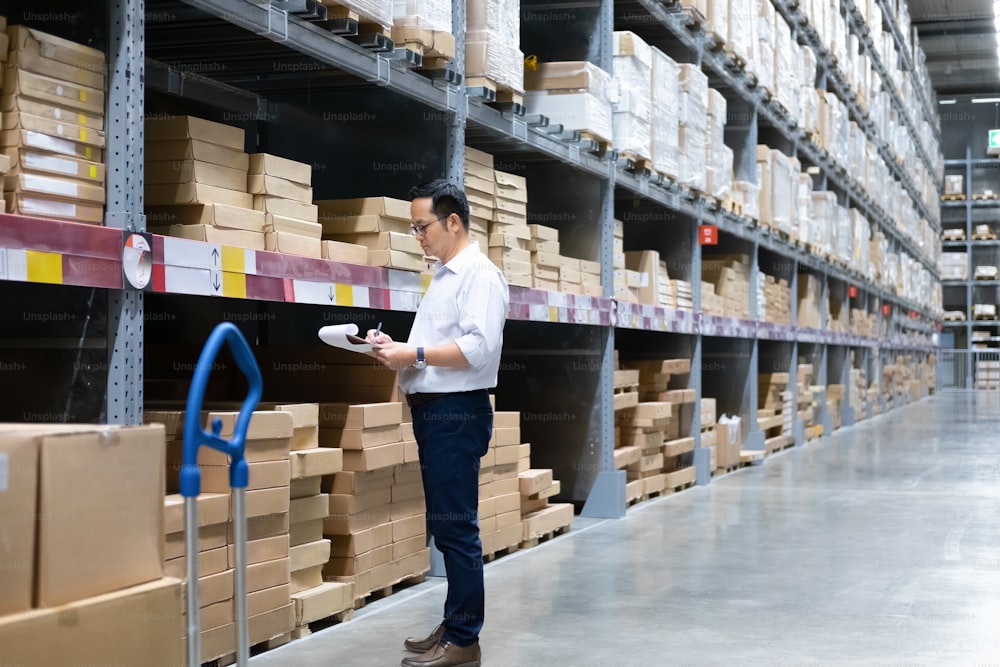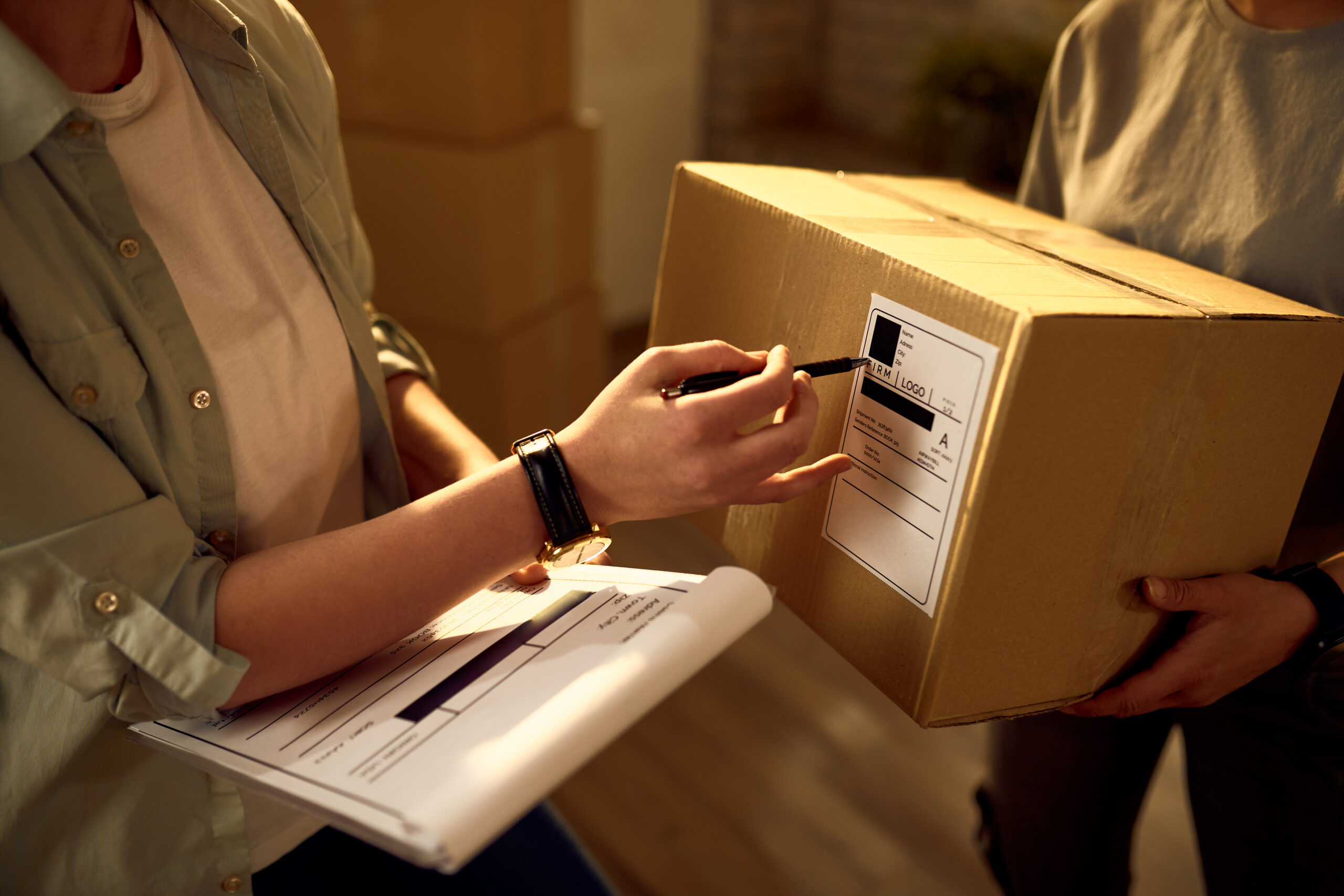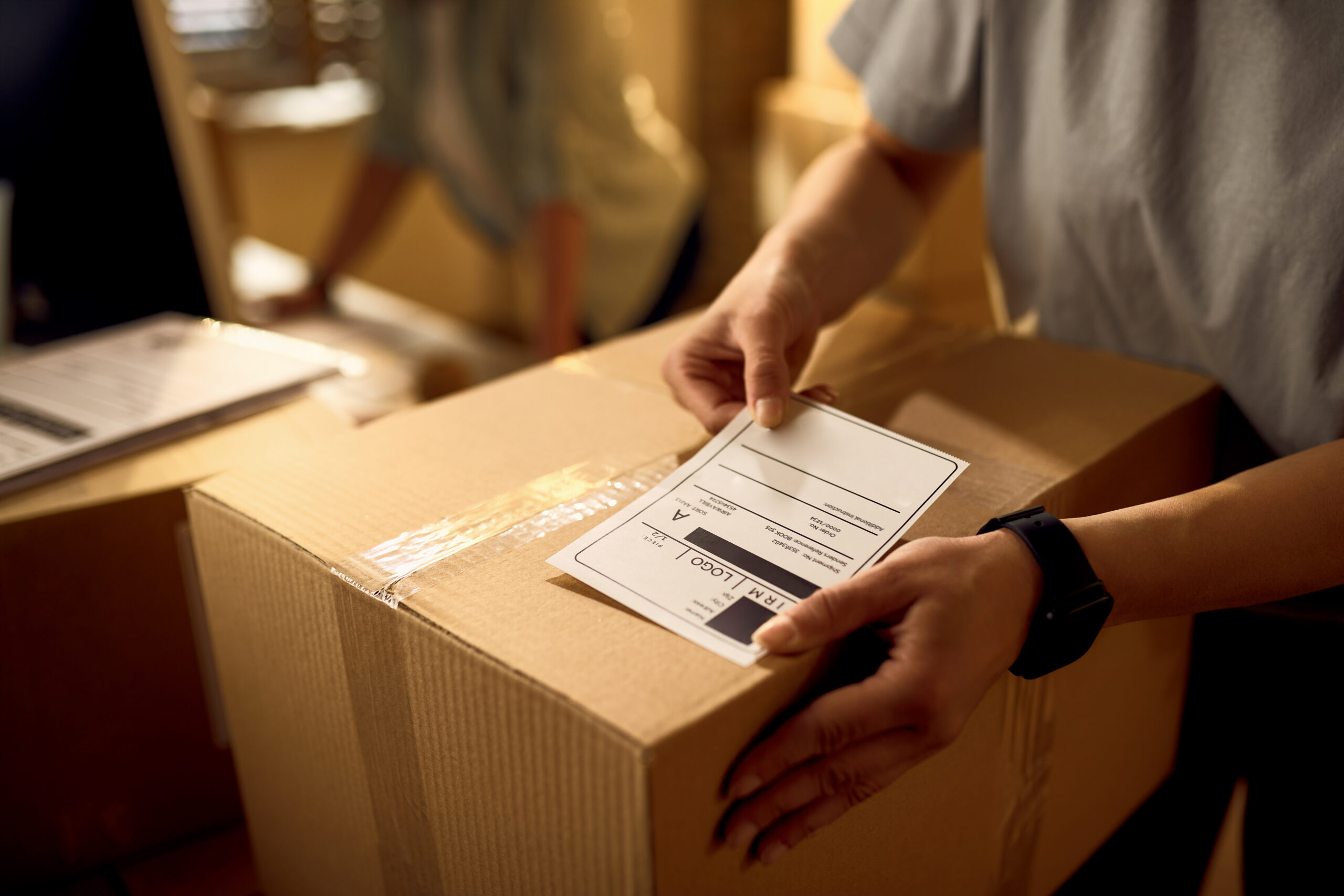Dunnage, while often overlooked, plays a pivotal role in the shipping and fulfillment industry. It’s the protective layer that ensures goods reach their destination in pristine condition. This article dives deep into the world of dunnage, exploring its types, benefits, and why it’s indispensable for anyone involved in shipping.
What is Dunnage?
Dunnage refers to the material used to protect goods during shipping. It’s the padding, cushioning, or any other protective layer that ensures products aren’t damaged in transit. From bubble wrap and kraft paper to foam and air pillows, the variety of dunnage available is vast, catering to different types of products and shipping needs.
Why is Dunnage Important?
Dunnage is important in ensuring the safety and integrity of products during transit. Acting as a protective buffer, dunnage shields goods from potential damage caused by impacts, vibrations, or even environmental factors like moisture. Whether it’s the air-cushioned embrace of bubble wrap for fragile items or the sturdy support of custom foam inserts for high-value products, dunnage serves as the unsung guardian in the logistics chain. Beyond mere protection, the right dunnage enhances a brand’s reputation, reduces return rates due to damaged goods, and ultimately ensures customer satisfaction. In the grand tapestry of shipping and fulfillment, dunnage stands out as a critical thread, binding the process with assurance and reliability.
Dunnage Types: What Are Your Options?
There are many types of dunnage available, each serving a specific purpose. Bubble wrap, for instance, is a popular item used as dunnage for fragile items. Kraft paper and crinkle paper are commonly used dunnage materials that fill voids in boxes, while air pillows provide cushioning. Solid plastic dunnage is often used for heavier items, and foam is frequently chosen for high-value shipping due to its cushioning properties.
The Benefits of Dunnage in Shipment
Dunnage offers numerous benefits. It reduces the risk of product damage, leading to fewer returns and complaints. Additionally, using the right dunnage can reduce weight-related shipping costs. For businesses, this means reduced overheads and increased customer satisfaction. Dunnage is an inexpensive material (for example, plastic and wood chip dunnage) and helps prevent breakage or destruction costs.
Purpose of Dunnage During Shipping
Dunnage acts as a barrier, absorbing shocks and impacts, and is used when shipping products. Materials like bubble wrap provide air-cushioned protection, while kraft paper or corrugated paper prevents products from moving inside the box. For fragile or high-value items, foam dunnage offers superior protection, cradling the product and preventing any form of damage.
Custom Dunnage: Tailoring Protection to Specific Needs
For businesses shipping unique or irregularly shaped products, custom dunnage is the answer. Custom dunnage is designed to fit the specific contours of a product, ensuring maximum protection. Whether it’s foam cutouts for electronics or molded plastic for machinery parts, custom dunnage ensures that every inch of the product is protected.
Different Types Of Dunnage: A Glimpse into Protective Packaging
It comes in various forms, each tailored to specific shipping needs. From the air-cushioned protection of bubble wrap, ideal for fragile items, to the space-filling capabilities of kraft paper and air pillows that prevent product movement during transit, the choice ensures products reach their destination in pristine condition. Another popular choice includes solid plastic or custom foam inserts, which offer specialized protection for unique or high-value items. In essence, the type chosen is a testament to the value and care a business places on its products and customers.
Expensive Options: The Premium Side of Protection
When it comes to shipping, some products demand an extra layer of protection, often warranting the use of more premium and, consequently, more expensive materials. Manufacturers use high-end materials like custom foam inserts, solid plastic, or specialized air cushioning systems for shipping high-value or fragile items. While they come with a steeper price tag, the investment is often justified by the peace of mind they provide. Ensuring that luxury goods, electronics, or delicate artifacts reach their destination undamaged is paramount, and these premium solutions rise to the occasion, underscoring the adage that sometimes, you truly get what you pay for.
Dunnage Bags: A Deep Dive
Dunnage bags, also known as airbags, are used to stabilize and secure cargo. Filled with air, they occupy the void between products, preventing them from shifting during transit. They’re especially useful for large shipments where products might move due to the vehicle’s motion.
The Environmental Impact: Recyclable vs. Non-Recyclable Dunnage
With growing environmental concerns, the choice can have significant ecological implications. Recyclable dunnage, like paper or certain plastics, can be reused, reducing waste. On the other hand, non-recyclable dunnage, while sometimes offering better protection, can contribute to environmental degradation.
Choosing the Right Dunnage for High-Value Shipping
High-value items require superior protection. Foam, solid plastic, and custom solutions are often the go-to choices for such shipments. The key is to ensure that the material complements the product’s fragility and value, offering optimum protection.
Packaging Material: The First Line of Defense in Shipping
Packaging material is the unsung hero in the world of shipping and logistics. It’s the first barrier that stands between the product and potential external threats, be it environmental factors, rough handling, or other unforeseen challenges during transit. The choice of packaging material can significantly influence a product’s safety, the brand’s image, and even the overall customer experience.
- Cardboard Boxes: Cardboard boxes, the most common packaging material, offer versatility and recyclability, and can adapt to encase products of various sizes. They present a sturdy exterior and can pair with other materials for added protection.
- Bubble Mailers: Ideal for smaller items, bubble mailers combine the cushioning of bubble wrap with the convenience of an envelope. They’re perfect for shipping items that need a bit of protection without the bulk of a box.
- Plastic Pouches & Poly Bags: Lightweight and waterproof, these are great for non-fragile items like clothing. They can be sealed tightly and are resistant to moisture and dirt.
- Glass & Plastic Containers: Designers create these containers to prevent leakage and contamination, often using them for liquids, creams, or perishable items.
- Tin Tie Bags: Commonly used for food items like coffee or dry snacks, they come with a metal tie at the top. This design allows consumers to reseal the bag, ensuring freshness.
- Crate & Pallet Packaging: For bulkier items or larger quantities, wooden crates or pallets are used. They provide a robust framework, ensuring the safety of products during transit, especially for international shipments.
The Future of Dunnage in E-commerce
As e-commerce continues to grow, the demand for effective dunnage solutions will rise. Innovations in dunnage materials, combined with sustainable practices, will shape the future of shipping and fulfillment. Businesses will need to adapt, choosing dunnage that not only protects but also aligns with environmental and customer expectations.
Conclusion
In the intricate dance of shipping and fulfillment, dunnage emerges as a silent guardian, ensuring that products traverse distances unscathed. Its role, while often underemphasized, is paramount in guaranteeing that goods, whether fragile heirlooms or robust machinery, reach their destinations intact. As the ecommerce realm burgeons, the spotlight on it will only intensify, pushing businesses to innovate and adopt sustainable, efficient, and protective dunnage solutions. In essence, it is not just about padding or protection; it’s about delivering trust, one package at a time.
Remember, we have you covered in everything. Contact us today!




